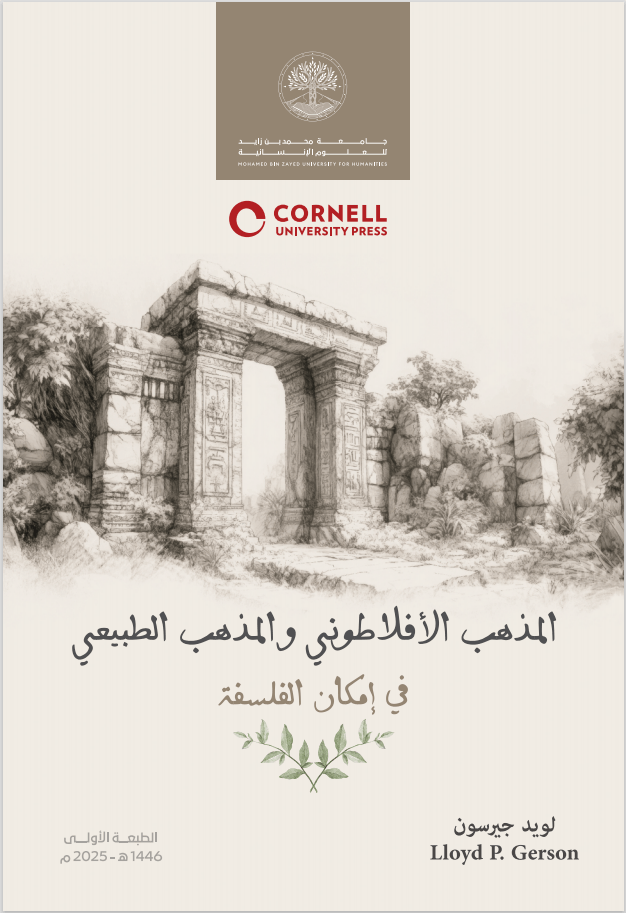In one of his lectures titled Process and Reality: An Essay in Cosmology, the English philosopher Alfred North Whitehead famously remarked: “The safest general characterization of the European philosophical tradition is that it consists of a series of footnotes to Plato.” He clarified that he did not mean a strict systematic framework, but rather the richness of general ideas scattered throughout Plato’s writings. A Canadian scholar later affirmed Whitehead’s insight—namely Lloyd Gerson, who argued that philosophy must be Platonic or cease to be philosophy at all. Should it abandon its Platonic spirit—as some modern philosophers suggest by adopting a naturalistic worldview—this would, in Gerson’s view, mark its suicide. Why, then, must philosophy remain, at its core, Platonic? And why is it incompatible with a purely naturalistic orientation?This book sets out to explore these questions and others closely related to them.



